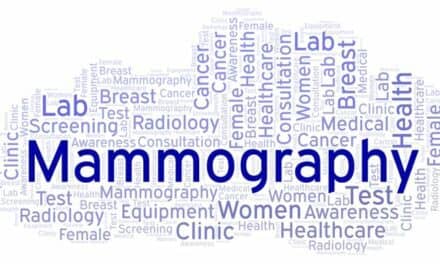The United States Preventive Services Task Force’s (USPSTF’s) recently updated Breast Cancer Screening Recommendations have been hailed as a positive step forward. However, the American College of Radiology (ACR) and the Society of Breast Imaging (SBI) urge the USPSTF to take a further stride by recommending annual mammography screening for all average-risk women aged 40 and older.
Prominent medical organizations, including the USPSTF, ACR, SBI, and the American Cancer Society, agree that the highest number of lives can be saved through annual mammography screening. To eliminate the confusion caused by varying recommendations, medical experts should unite in recommending yearly mammography for average-risk women starting at age 40.
Mounting evidence reveals that women from minority communities, such as Black, Jewish, and other groups, are more likely to develop and succumb to breast cancer at an earlier age compared to white women. As stated in the 2021 guidelines for average-risk women and the newly released (2023) guidelines for high-risk women, delaying screening may have a particularly detrimental impact on these vulnerable populations, potentially allowing cancer to advance undetected.
The ACR and SBI emphasize the importance of risk assessment for all women by age 25, as outlined in the latest ACR/SBI guidelines for high-risk women. Furthermore, they encourage women to discuss with their healthcare providers whether earlier screening with mammography and/or MRI is necessary based on individual risk profiles.
Transgender individuals face unique considerations due to factors such as sex assigned at birth, hormone use, and surgical histories, which can increase their risk for breast cancer. Biological females transitioning to male, who have not undergone mastectomy, should continue to be screened based on their previous risk level. Conversely, biological males transitioning to female, owing to hormone use, are at an elevated risk for breast cancer and are advised to consult with their healthcare providers about their individual risk factors.
Additionally, the ACR and SBI recommend that women continue breast cancer screening beyond the age of 74, unless severe comorbidities limit life expectancy. This inclusive approach ensures that women receive appropriate screening and care throughout their lives.
Further, while the ACR and SBI call the new USPSTF Breast Cancer Screening Recommendations a “step in the right direction,” they advocate for the adoption of annual mammography screening for average-risk women aged 40 and older. By following these guidelines, medical professionals can save more lives and address the unique needs of diverse populations, they say.






